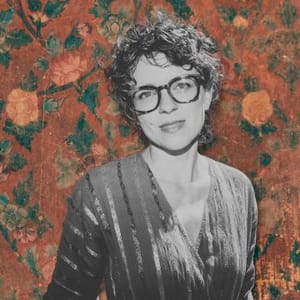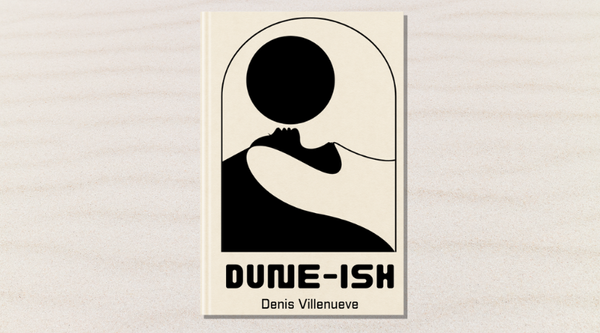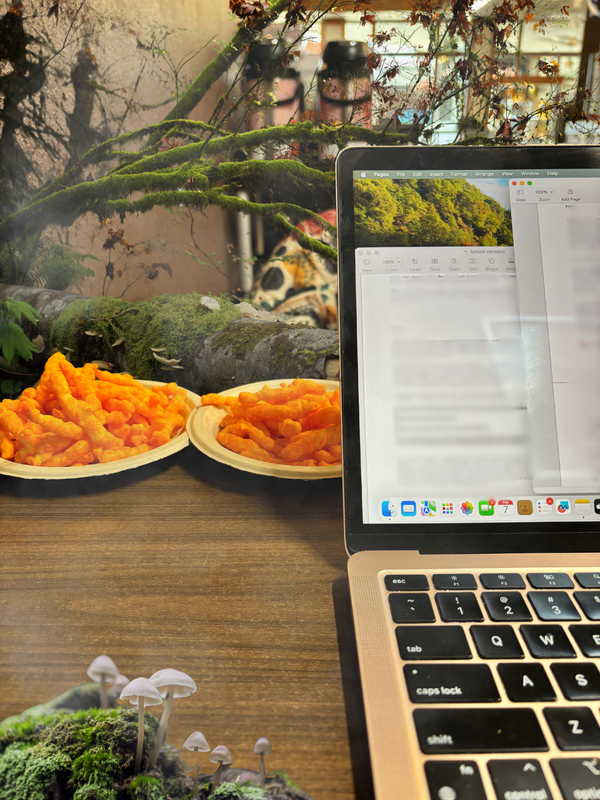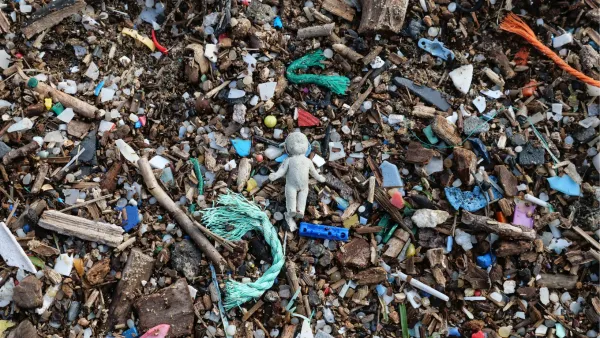Thank you so much for your overwhelming support after my latest essay on the LDS Church and abuse. Writing about this stuff comes with real risks. It feels much less frightening with you in my corner.
I know so many of us have been watching the violence unfolding in Israel and Palestine with growing horror. I ache for Israelis and I ache for Palestinians. I wish that innocent people were not subjected to state violence.
First, I have to recommend this Instagram post from Jesi Taylor. Scroll through the carousel to read all of their words.

Here is a little thought I shared on Threads. It’s not much. It’s what I had yesterday.
A thing that was very hard but very important for me to learn as an American: Terrorism doesn’t develop in a vacuum. US imperial violence destabilized entire regions of the earth. Destabilization created conditions that allowed dictators and terrorists to gain and then violently maintain power. (Well, sometimes the US actually helped them get into power.) Children died and died and died. But we only really cared when the violence we helped foster crossed into our borders.
Extremism is often the daughter of oppression. Violence always begets violence. And the children on any side of every border all just want to hug their parents each night before going to bed, in a house that will not be bombed. - me on Threads
And then,
Two years ago, I wrote a series about the tension between the state and the rights of the home. I’m sharing an excerpt from the second essay here,
While trying to understand turbulence and sound, my friend Mike helped me, "Not all sound is caused by turbulence but some sound is the byproduct of turbulence.”
Like the sound of a young woman being interviewed while she lives through a war.
On the ninth day of 2021’s eleven day war between Israel and Palestine, Rahf Hallaq was interviewed for an American podcast. I cleaned the inside of my home while I listened to her talk.
Hallaq is a 21 year old English Literature major living in Gaza City. She grew up reading Winnie the Pooh and Harry Potter. When the host asked her what she was reading that week, she said Orwell’s 1984.
She lives at home with her parents, brothers and sisters. Her littlest sister is four years old.
Hallaq has always lived in what news anchors call “a conflict zone.” The sounds of war have always reverberated around and in her home. Still, she tells her interviewer, she’s never gotten used to the sound of bombs.
When Israeli bombs are sent into Gaza, Hallaq's family runs to the living room to be together.
“People in Gaza have this thing they always say, like, if we die we want to die together...one of my friends... she said ‘today I put my children to sleep in my bedroom so that if we die, we all die together and no one lives to mourn the death of another one.’ Like every Palestinian family in Gaza does this.” Her four year old sister doesn’t understand. “She’s terrified by the sound, and she really doesn’t know what’s going on. She doesn’t know why this is happening. She clings to me. When I was a kid, my dad usually used to tell us that the sound of bombs was fireworks.”
The flaring war between Israel and Palestine did not begin in Hallaq's home, but it may end everything that makes her home home.
I know this turbulence, this chaotic flow of people, weapons, claims and causes is the result of many actions and inactions. This war that has demolished so many homes is about a homeland. The claims and causes matter. Homelands matter. I know that.
I also know that the state can always find reasons for us to kill one another. But it is much more difficult, maybe even impossible, for a humane human to think of a single fucking reason to kill Hallaq or her little sister.
…
In America, Palestinians killed in the conflict are usually treated as numbers instead of people with names. Of the men, women and children of Palestine, Shadi Hamid wrote,
“Reasonable people can differ on policy, but I have a simple ask: Let us, all of us if possible, find a way to talk about Palestinians as if their lives mattered. This might require some resort to fantasy. Because, in the real world—the world of states and power politics and coarse calculation—their lives haven't.”
Rahf Hallaq’s family home cannot look so different from yours or mine. After breakfast, there are probably a few crumbs left on the kitchen table. In the living room? Maybe there’s a couch with a favorite cushion, the one that everyone sits on and so is a little flatter, a little more worn that the others. There might be children’s books left on the front steps when the baby runs inside.
Hallaq’s little sister runs inside because of dropping bombs. My baby runs in because I’ve called her to dinner.
Aren’t these homes - her home and my home and your home - states of their own? With their own topography, culture, alliances? What can our homes send into the sky to convince another state of their right to exist? There is nothing.
I listened to Hallaq talk about dying in her home, while I walked through my home. My home that was once part of someone else’s homeland.
A couple thousand square feet of room and window that sits on stolen land. I live less than 200 years from the time this part of Colorado was taken from its Arapahoe stewards. I suppose it might seem like that is a long enough time to separate my home from the claims of the Indigenous Peoples. But centuries are only long to a person, they are short for a People.
The dirt in my backyard is one million years old. Arapahoe hands were in it so recently, those hands and my hands are part of the same moment. People flow. The past and present do too. - If We Die, We Want to Die Together
Okay. And now for some things that I think are worth your attention.
When Horror Is the Truth-teller by Alexander Chee
It is hard, in the era of the AR-15, to fear a vampire. And yet what greater tool is there to write about complicity, the amiable foot servant to so much destruction, than a monster who cannot enter unless invited in?
I love the arrival of fall—the leaves burnishing yellow, the honk of swans flying south from a stop at the nearby pond, cranes last week so close overhead they were as loud as a small plane. The feel of sunlight at a slant, the first coolness in the air. It all feels so noticeable. And kind of glorious.
Maybe why it’s so thrilling is that the changing lands are a reminder of both kairosand chronos time, no matter how much we’re taught to ignore the humming of the earth’s turn, or to measure each minute. It’s the feeling of something eternal at the same time that it’s changing swiftly each day. The shift into fall ties us to both the living and the dead—neighbors are out in parallel work, busy raking leaves and insulating hoses; and the dead once experienced this same turn towards winter, knew the same slanted light and noticed the first time their breath became visible in the chill of a cool morning. - Freya Rohn, Resurrection Light
Don’t waste your money on Michael Lewis’s latest book. Instead, read this piece from Jacob Silverman
Talk soon,
Meg








